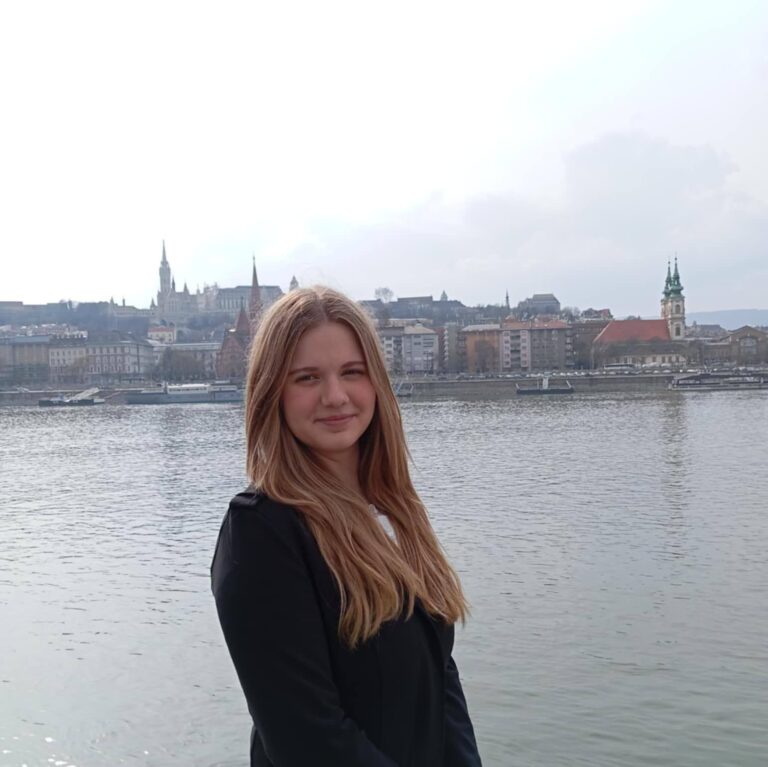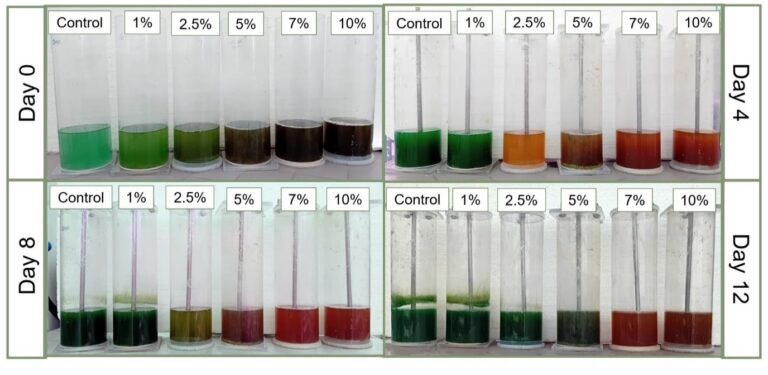heading

My name is Dóra Százvai and I am from Hungary. I grew up in the countryside in a village and I always had a great interest in biology and chemistry. Fishing had always played a curtail role in my family’s life, since they lived close to river Tisza. I enjoy this activity with my father, and the last year as an exchange student I got to experience what is like, when people’s living depends on the waters around them but unfortunately, these bayous are polluted which I only realized when I first volunteered to help clean up section with my friends. Since then, I am really interested in water management and environmental protection.
Tell us what the water concern in your country is!Hungary is known to be an agricultural country because 53% of its land is used for agricultural purposes. Many fields are treated with fertilizers. However overuse of these leads to excess nutrients seeping into the groundwater and eventually reaching their way into natural water bodies, where they contribute to eutrophication.

Microalgae produced in circular economy as an alternative protein source
A possible solution to the increasingly urgent protein deficiency could be green biorefining, which is a process to get edible proteins out of plants. But one of the produced by-products called brown juice is harmful to the environment in large quantities, for example, it can cause eutrophication. In my research we wanted to get advantage of this situation by using the brown juice as an additive in the growing media of microalgae to increase the production and the nutritional value of the harvested biomass. Recycling brown juice this way helps to fight with protein deficiency because the harvested biomass contains high amount of protein, suitable for human or animal consumption.
